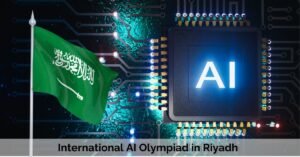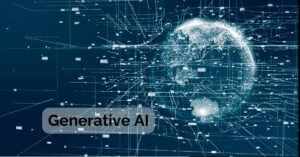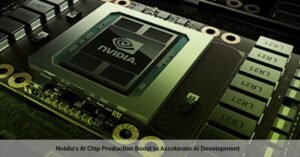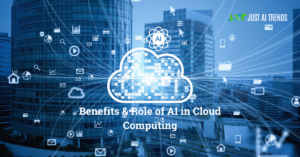
July 22, 2024

The rise of Artificial Intelligence (AI) is rapidly transforming the workforce. While AI creates exciting new opportunities, it also automates tasks previously done by humans.
Here’s a look at 10 jobs that are safe from AI, their typical duties, and how AI might impact their future:
It’s important to note that AI won’t necessarily eliminate these jobs entirely. However, AI will likely automate many of the routine tasks associated with these roles.
The future of these professions may involve a shift towards tasks requiring more human-centric skills like complex problem-solving, creativity, and interpersonal communication.
By understanding the impact of AI, individuals can proactively develop skills that will remain valuable in the evolving job market.

The rise of AI presents both challenges and opportunities for the workforce. While some jobs are indeed vulnerable to automation, AI is also creating entirely new professions.
The key to thriving in this changing landscape lies in adaptability and continuous learning.
Focusing on developing critical thinking, creativity, communication, and problem-solving skills will equip you to navigate the future of work, regardless of the specific role you hold.
The future belongs to those who can collaborate effectively with AI, leveraging its strengths to enhance human capabilities and unlock new possibilities.
Embrace lifelong learning, stay curious, and actively engage with the evolving world of AI. By doing so, you can position yourself for success in the exciting and ever-changing landscape of work.
AI excels at tasks that are repetitive, predictable, and involve data manipulation. This puts jobs like data entry clerks, assembly line workers, and basic loan processors at high risk. AI can perform these tasks with high accuracy and speed, potentially rendering human roles in these areas redundant.
Jobs with minimal human interaction and highly predictable tasks face the greatest chance of being replaced by AI. This includes roles like cashiers, whose duties primarily involve scanning items and processing payments, or telemarketers, where repetitive sales calls can be automated by AI-powered chatbots.
The human touch will remain irreplaceable in roles demanding creativity, critical thinking, and social skills. Jobs that require complex problem-solving, leadership, emotional intelligence, and the ability to navigate nuanced human interactions are less susceptible to AI. This includes professions like therapists, teachers, artists, and engineers, where human judgement and ingenuity are paramount.
AI research is a rapidly evolving field, and the most demanding careers likely lie within AI research science. These scientists push the boundaries of the field, developing groundbreaking algorithms that shape the future of AI. This requires a deep understanding of complex mathematical concepts, computer science principles, and the ability to think creatively and solve challenging problems. It’s a demanding but intellectually stimulating career path for those passionate about the cutting edge of AI development.








@2023-2024-All Rights Reserved-JustAiTrends.com